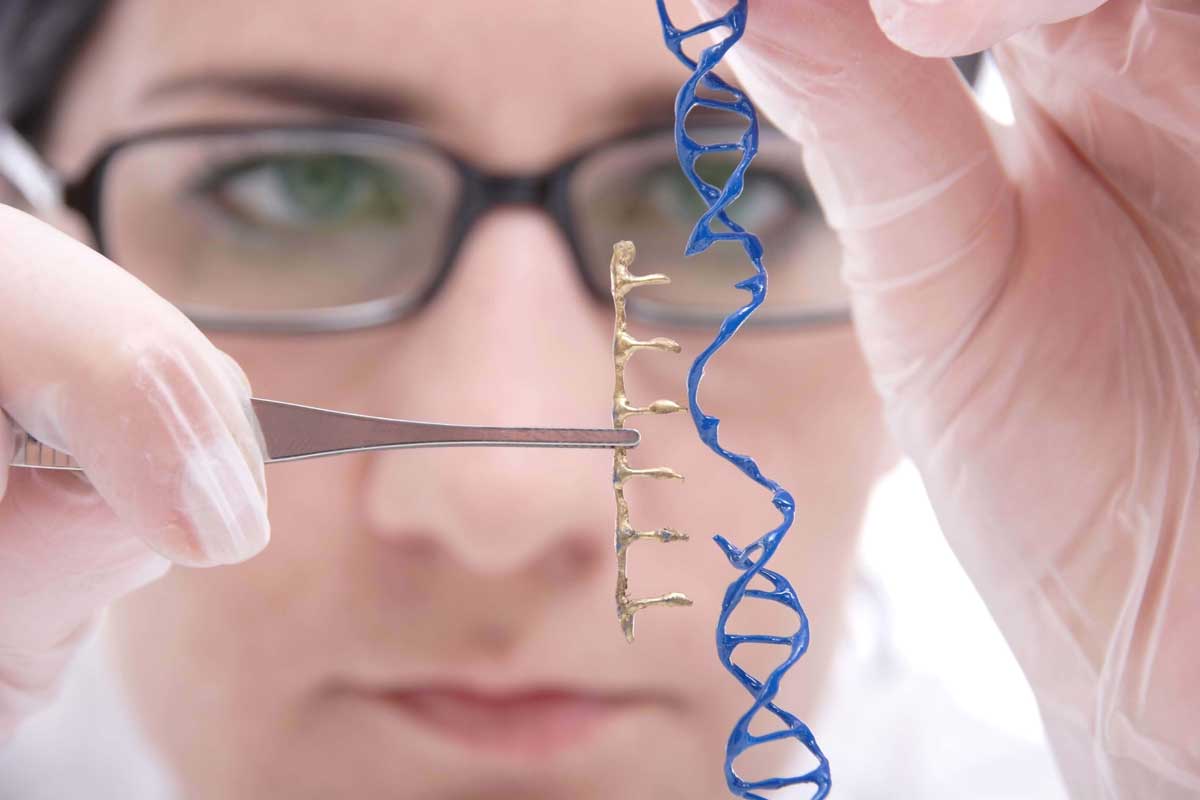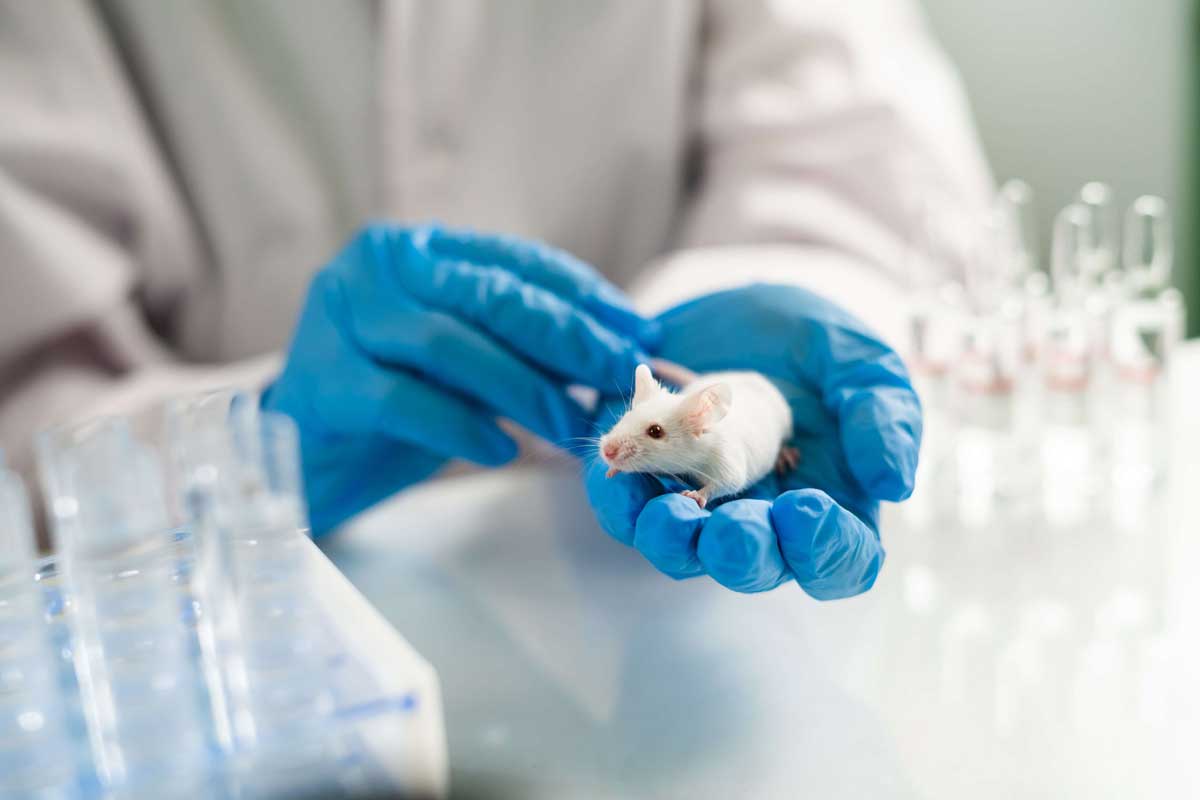Importance of Lab Animal Diet in Research
A well-formulated lab animal diet is essential for maintaining the health and well-being of laboratory animals, which ultimately affects the quality and reliability of experimental results. Researchers need to ensure that the diets of their test subjects are balanced, consistent, and free from harmful substances to limit potential confounding variables in their experiments.
The Influence of Diet on Experimental Results
The diet of a lab animal can directly impact the outcome of an experiment. For instance, certain dietary components can affect gene expression, metabolism, and immune function, potentially altering the response to experimental treatments or interventions. It is crucial to consider the specific nutritional needs of the animal models used and the desired research outcomes to design appropriate diets.
History of Rodent Diets
Before the 1960s, there was no standard formulation for rodent food, and researchers had limited information about their nutritional content. In the 1970s, the American Institute of Nutrition (AIN) developed AIN-76A, the first widely accepted, publicly available diet formula for rats and mice. Since then, there have been further advancements in the formulation of rodent diets to better meet the nutritional requirements of different species and strains.
Advancements in Rodent Diet Formulations
Over the years, researchers have recognized the limitations of early diet formulas and have made significant improvements. The development of standardized formulas such as AIN-93 and AIN-2016 has provided researchers with more reliable and consistent diets for rats and mice. These formulas take into account specific nutritional needs, growth stages, and genetic backgrounds of different laboratory animal models.
Considerations for Diet Formulation
Formulating lab animal diets involves considering various factors, including species-specific nutrient requirements, energy needs, growth rates, reproductive demands, and health conditions. Researchers also need to consider the sourcing of ingredients, the avoidance of potential contaminants or allergens, and the ethical considerations related to the treatment and welfare of the animals.
Modern lab animal diets focus not only on meeting basic nutritional requirements but also on optimizing animal welfare. They aim to provide appropriate enrichment, palatability, and texture to enhance the animals’ overall well-being. Researchers strive to strike a balance between meeting research objectives and ensuring the health and comfort of the animals throughout the study.
Importance of Transparency and Standardization
To conduct high-quality nutrition research with lab animals, it is crucial to use diets with known ingredient compositions. This transparency allows researchers to replicate studies and better understand the effects of specific nutrients on lab animals’ health. Standardization in diet formulations and reporting enables better comparison of results across studies and enhances the credibility and reproducibility of research findings.
Teklad® Diets
A High-Quality Solution Teklad® diets continue to be recognized for their stringent quality control measures, extensive research, and expertise in manufacturing laboratory animal diets. These high-quality diets help researchers minimize dietary confounding variables and ensure reliable, repeatable research results.
In addition to standard natural ingredient diets, Teklad® now offers a wider range of specialized diets tailored to the specific needs of different laboratory animal models. These diets can address particular health conditions, mimic certain human diseases, or support specific research objectives.
Teklad®’s experienced nutritionists can collaborate with researchers to evaluate their specific needs and design customized diets for their research purposes. By considering the desired endpoints of a study, Teklad® can create diets that optimize the nutritional composition, minimize non-nutritive compounds, and meet the specific requirements of the laboratory animal models used.
Continued Research and Advancements
The field of lab animal nutrition continues to evolve as researchers gain a deeper understanding of the complex interactions between diet, genetics, and environmental factors. Ongoing research focuses on optimizing nutrient profiles, exploring the microbiome’s role in nutrition, and investigating personalized nutrition approaches for laboratory animal models.
Translatability from Animal Models to Humans
A well-formulated lab animal diet can improve the translatability of research results from animal models to humans. Researchers are increasingly aware of the importance of aligning diet compositions and nutrient profiles with human diets and nutritional recommendations. This consideration enhances the relevance and applicability of research findings, ultimately benefiting human health and well-being.
By staying informed about the latest advancements in lab animal diet formulations and considering the specific needs of their research projects, scientists can ensure the highest quality and relevance of their experiments in the field of biomedical research.
Where can you get Teklad® Lab Animal Diets in India?

GV Research Platform is the authorized distributor of Teklad® Lab Animal Diets from Envigo in India. The inventory is now available in Hyderabad and can be immediately dispatched based on requirement and availability.
We go the extra mile to provide you with additional reassurance. For our rodent diets, we offer a Phytoestrogen Certificate for every batch, demonstrating our attention to detail and commitment to transparency. Additionally, we provide a Certificate of Analysis for every batch, allowing you to verify the nutritional content and quality of the diets you receive.
Your order for Teklad® Lab Animal Diets is just an email away with no waiting for weeks to receive your order. Place your order at info@gvrp.in








